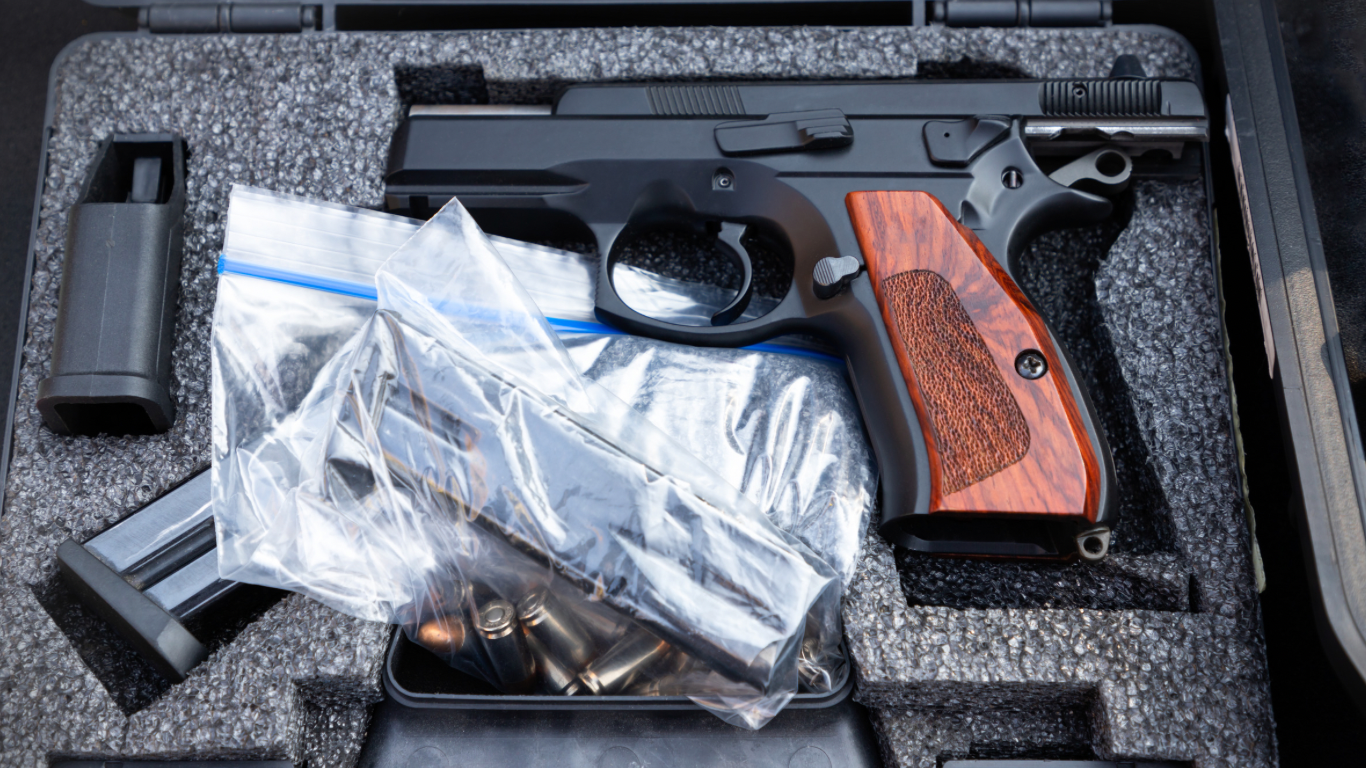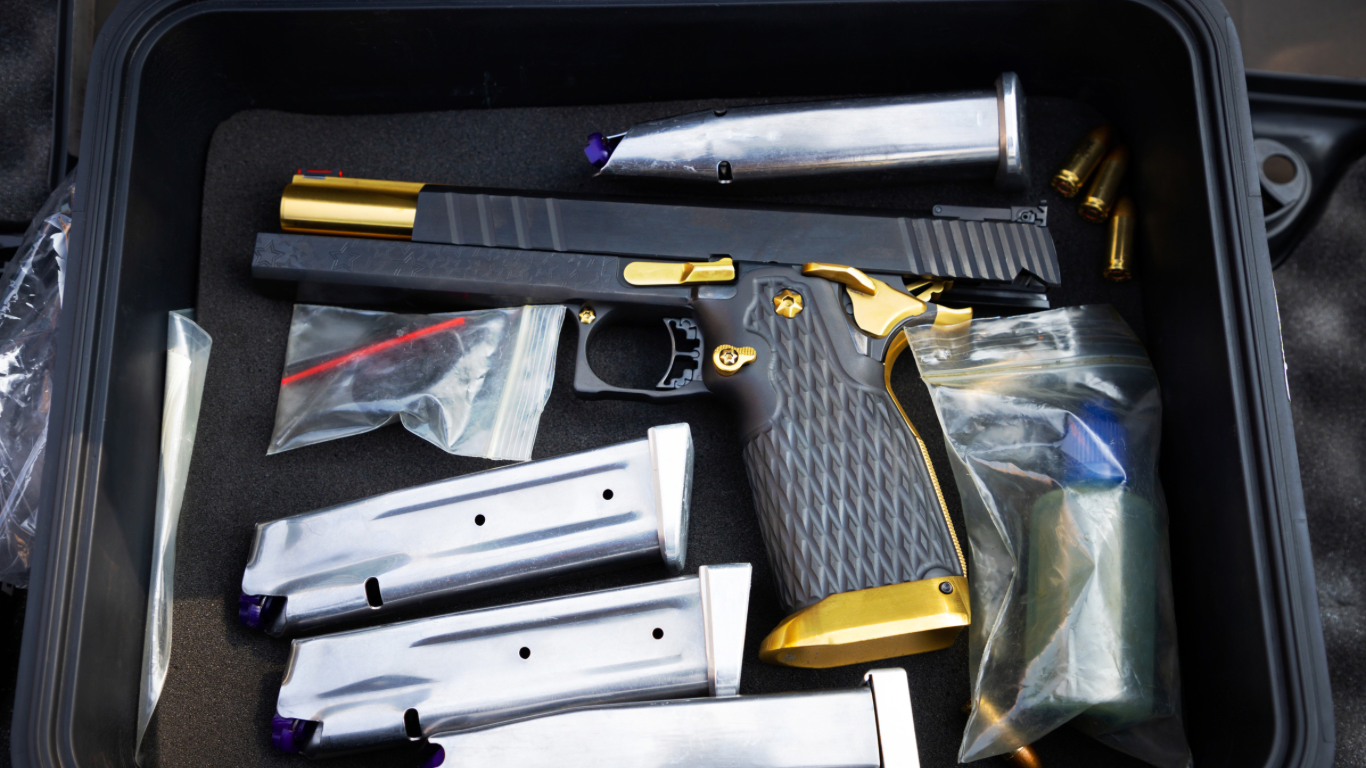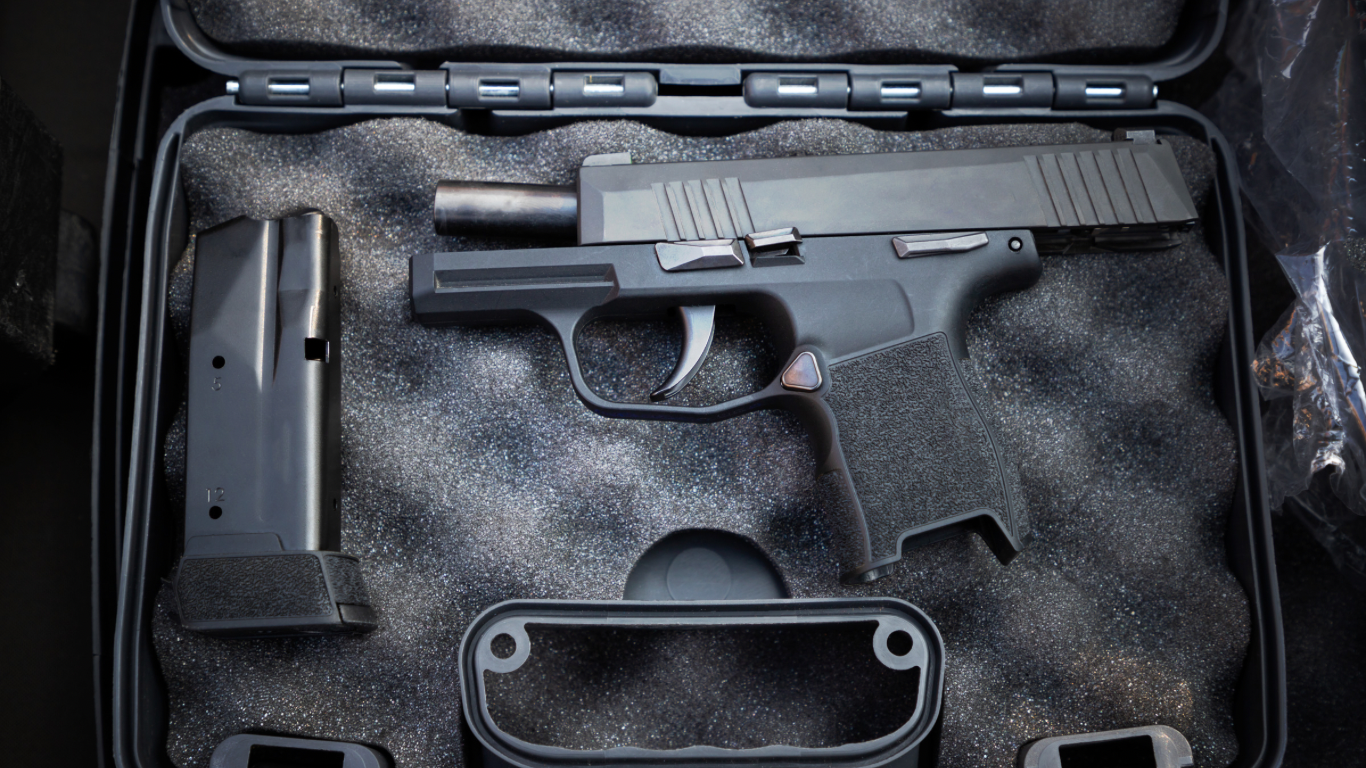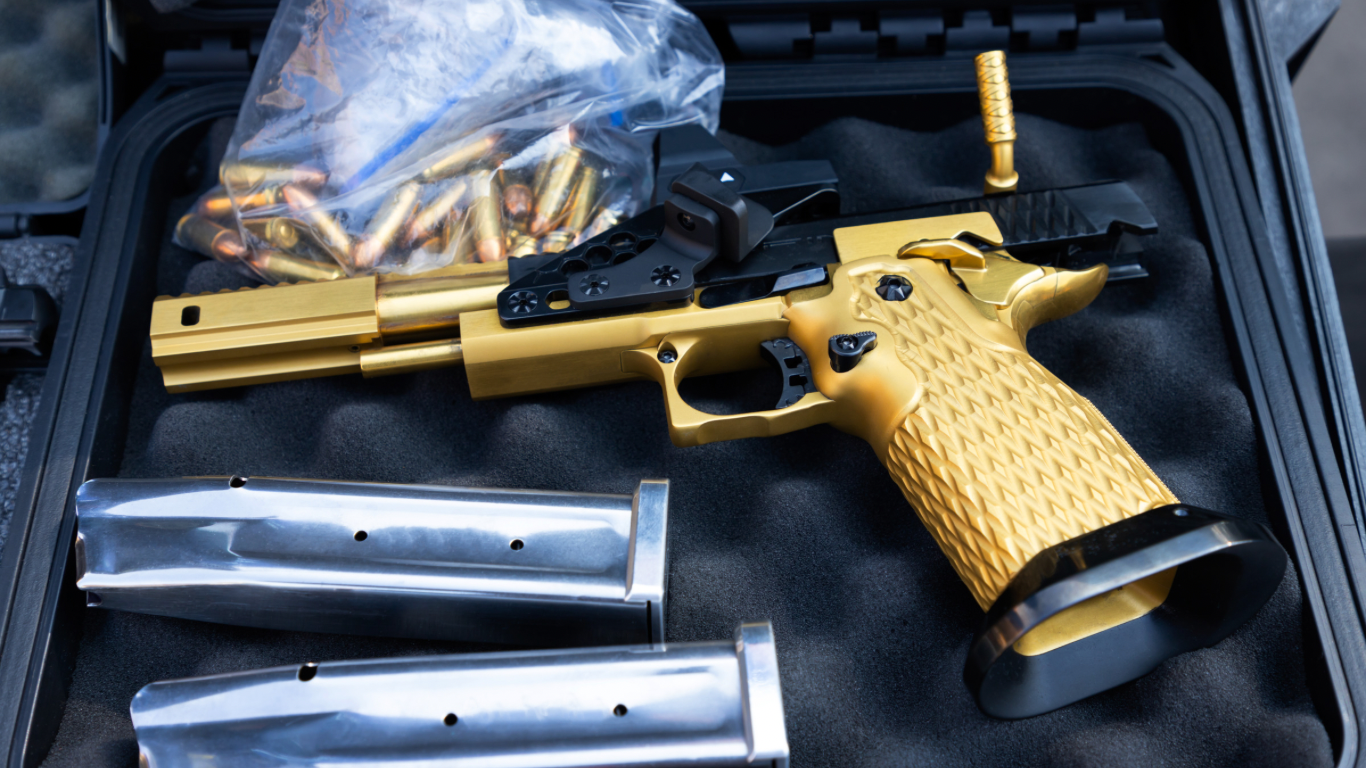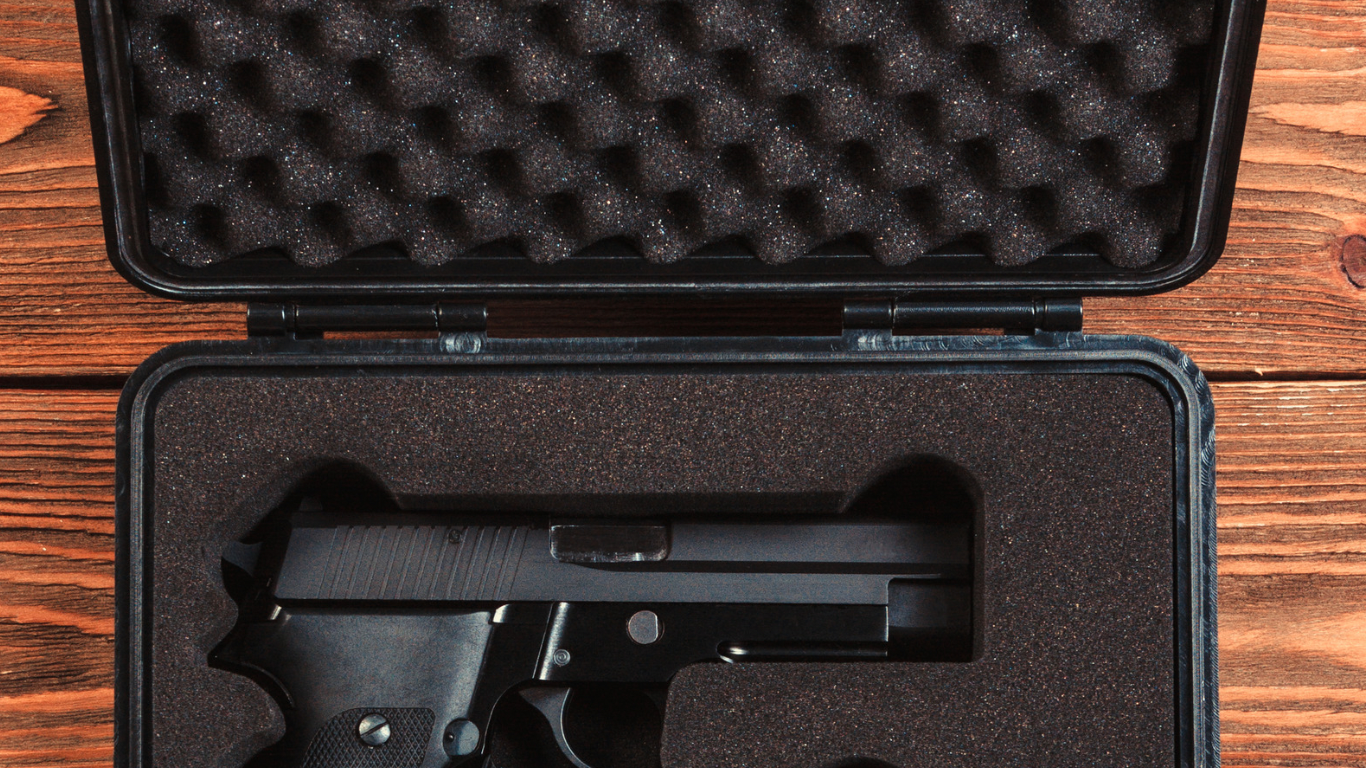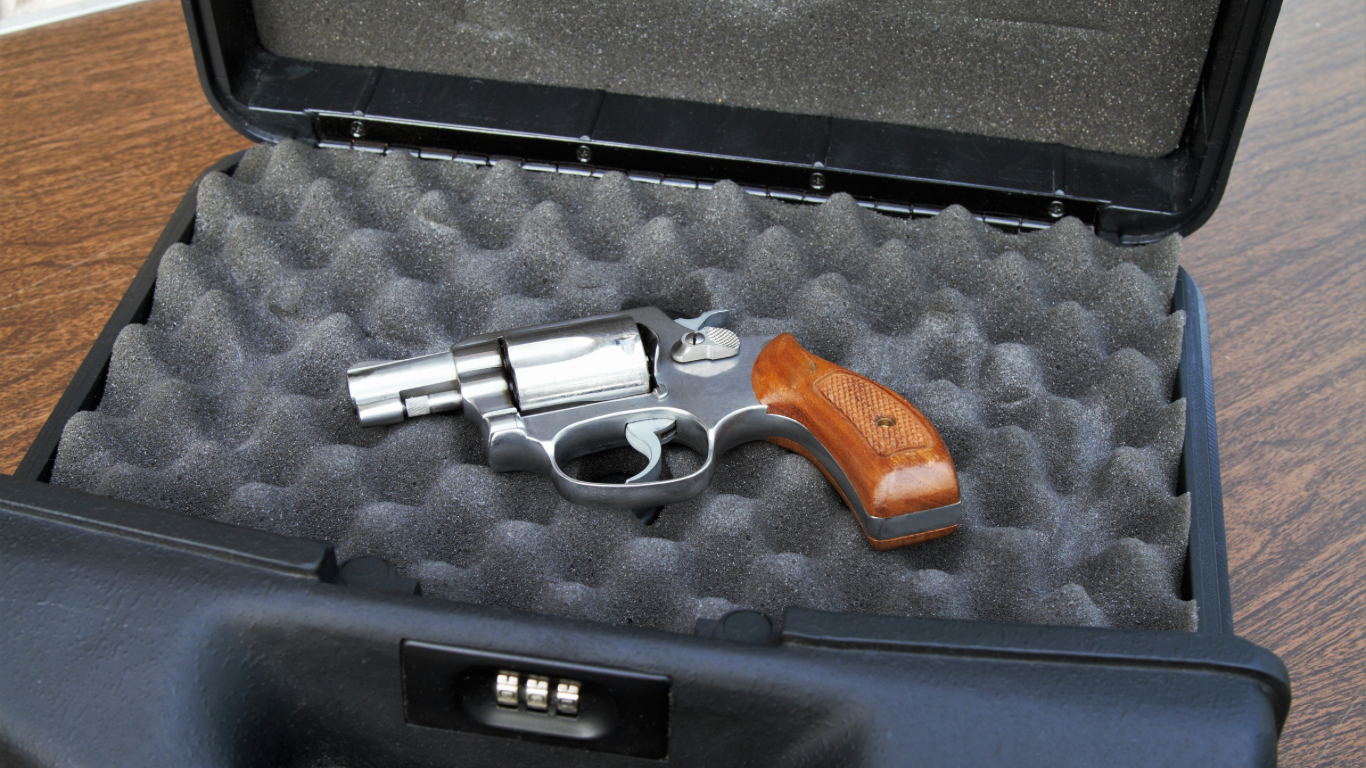If you’re someone who enjoys hunting, shooting, or the outdoors, then you likely have had to transport your firearms and ammunition across state lines. The complexity of interstate gun transportation can be daunting, with many laws and regulations varying by state. With that said, it’s important to understand these laws and regulations before you plan your next trip. This guide will break down the basics of interstate gun and ammo transportation to help you stay informed and legally compliant.
Know the Federal Laws
The first step in navigating interstate gun transportation is understanding federal laws. According to the Bureau of Alcohol, Tobacco, Firearms, and Explosives (ATF), it is lawful for an individual to transport firearms across state lines as long as they meet certain requirements. These requirements include ensuring that the firearms are unloaded and secured in a locked container. While the ATF does not have specific rules for the transportation of ammunition, it is generally recommended to store ammunition separately from firearms.
Research State Laws
Once you understand federal laws, it’s important to research state laws for both your home state and the state(s) you will be traveling through. Each state has its own set of laws and regulations when it comes to firearms, so it’s important to know them before you take your trip. For example, some states may require a permit to transport firearms, while others may have restrictions on the types of firearms that can be transported. Additionally, some states may have specific storage and transportation requirements that go beyond federal regulations.
Properly Secure Your Firearms
In addition to properly storing firearms in a locked container, it’s important to take extra precautions to ensure that they are secure during transportation. This includes keeping the key or combination to the locked container in your possession at all times and avoiding stopping in high-crime areas. If you are traveling with firearms in a vehicle, it’s also important to make sure they are not visible from outside the vehicle.
Consider Shipping Your Firearms
While it may be possible to transport firearms and ammunition on a commercial airline, this can be a complicated and potentially expensive process. Additionally, some airlines may have their regulations on firearms transportation. For these reasons, many gun owners choose to ship their firearms and ammunition to their destination instead. This can often be a more affordable and secure option, but it is important to choose a reputable shipping company and follow all necessary regulations.
Get Legal Help if Needed
If you are unsure about any of the laws and regulations surrounding interstate gun transportation, or if you have any questions or concerns, it’s always a good idea to seek legal help. A firearms attorney or expert can help you navigate the complex web of federal and state laws and ensure that you are legally compliant.
Conclusion
With the information provided by this guide, you should now have a better understanding of the basics of interstate gun and ammo transportation. Remember to always research federal and state laws, properly secure your firearms, and consider shipping as an option. And if needed, seek legal help to ensure that you are staying compliant with all applicable laws and regulations. By following these guidelines, you can enjoy your hunting and shooting trips across state lines with confidence and peace of mind.
